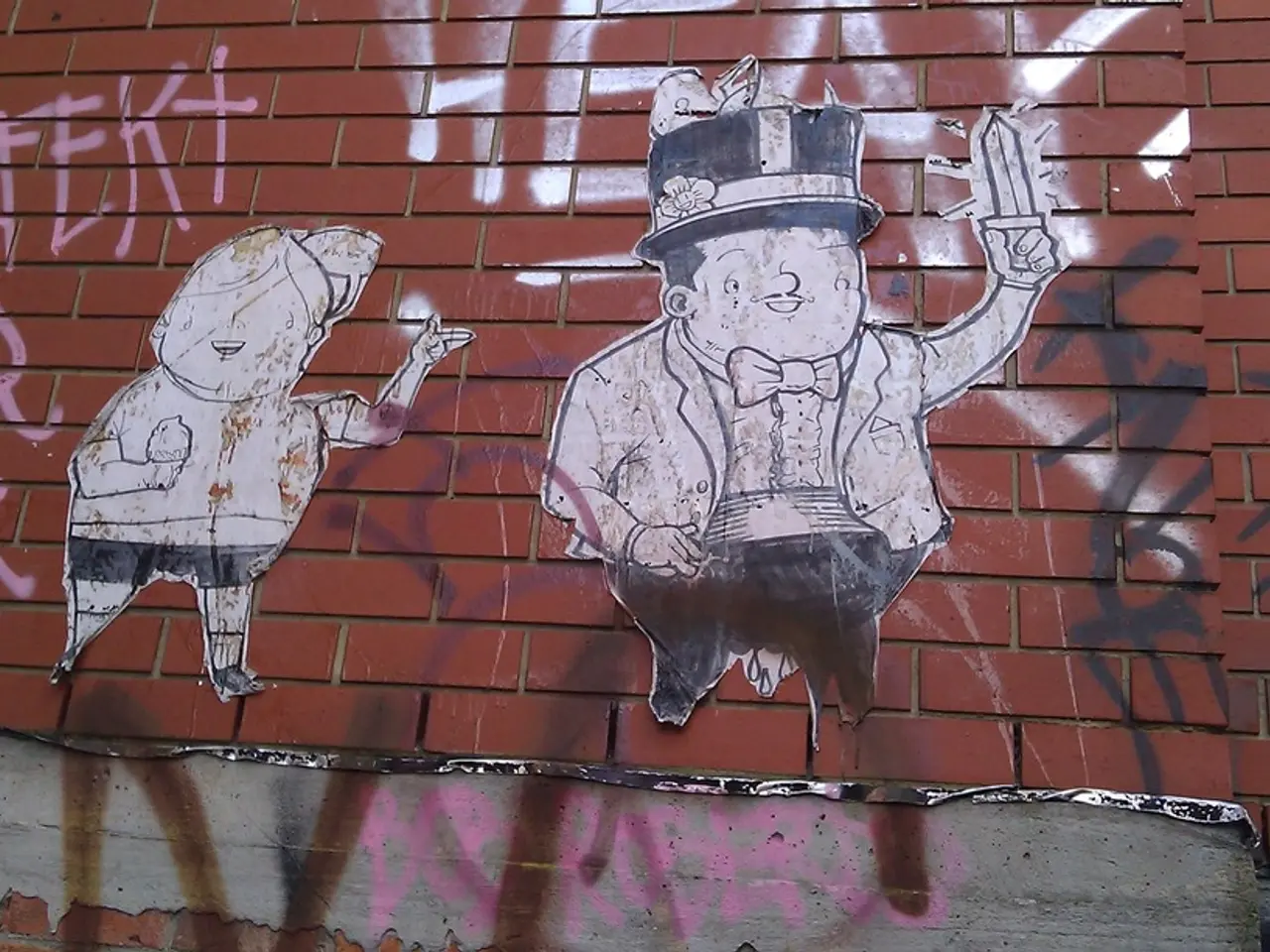Social Media and Defamatory Speech: Legal Implications Regarding Freedom of Expression
Defamation on Social Media in Romania: A Guide to Legal Recourse
In Romania, defamation, including on social media, is primarily addressed under both civil and criminal law provisions. Victims of defamation have several avenues to seek justice and protect their reputation.
Civil Remedy
A person who believes their reputation has been harmed by defamatory content on social media can file a civil lawsuit. This legal action seeks compensation for both moral and material damages, a court order to remove the defamatory content, and a court-ordered apology from the defendant.
An initial step in dealing with defamatory statements could be sending a written communication to the offender, outlining the situation and the online impact of their statements on the injured party. This warning serves as a notice of potential legal consequences.
Criminal Defamation
Romanian law criminalizes defamation, and in cases where social media posts constitute insult or slander with serious reputational harm, the injured party may also pursue criminal sanctions. These can include fines or even imprisonment, although criminal prosecution of defamation is less common and subject to conditions including public interest considerations.
Challenges in Online Context
Enforcement can be complicated since social media content is rapidly shared and often anonymized. Platform accountability and transparency about user identity can be limited. Romania has been acknowledged to have ongoing issues in regulating online spaces effectively, including social media, especially regarding disinformation and political advertising transparency.
Regulatory Context
The National Audiovisual Council (CNA), which regulates traditional media in Romania, lacks sufficient resources to cover online platforms. Legislative efforts are underway to transpose the EU’s anti-SLAPP Directive, which aims to protect public discourse on platforms like social media from abusive defamation lawsuits meant to silence critics. However, concrete laws specific to social media defamation remain evolving.
Freedom of Expression Balance
Romania's legal system seeks to maintain a balance between protecting reputation and preserving freedom of expression. International human rights considerations require that any restrictions on speech (like defamation laws) meet strict necessity and proportionality criteria.
Case Study: Simona Nicolae
Simona Nicolae, an Attorney at Law at Grecu Partners Business Law Firm, is analyzing the legal framework that governs freedom of expression and defamation in Romania. She emphasizes the importance of maintaining a balance between freely expressing opinions and adhering to a respectful and courteous discourse toward others in online communications.
Legal Basis
Article 253 of the Civil Code states that any individual has the right to the protection of intrinsic human values, such as dignity and private life. Article 30 of the Constitution provides for freedom of expression, but it has limitations, including protecting dignity, honor, private life, and the right to one's own image.
If the written communication to the offender is ineffective, the injured party can file a lawsuit in civil court for tort liability due to the infringement of the right to dignity, private life, or personal image (Article 252 of the Civil Code). Social networks are considered public spaces, and legal consequences may arise against individuals who make defamatory statements on them.
Defamation is not explicitly regulated in the current Romanian Penal Code, but the injured person can file a civil lawsuit for tort liability against the defamer. The court may award non-material damages through monetary compensation to the injured party and may order the defendant to publish the court's decision at their own expense. In severe cases, the court may even compel the defendant to publicly apologize to the injured party.
For further information or any additional inquiries, please contact [email protected].
In summary, the legal recourse for defamation in Romania on social media involves filing civil or criminal suits, with remedies including damages and content removal. However, practical and regulatory challenges remain regarding enforcement and platform accountability in the digital environment. Ongoing legislative reforms aim to better address these issues within the European legal framework.
- In the quest for education-and-self-development, one may find it prudent to study Romania's legal framework regarding defamation on social media, considering its complexities and ongoing regulatory reforms.
- To broaden their general-news knowledge, individuals could research cases such as Simona Nicolae's analysis of defamation in Romania, which highlights the balance between freedom of expression and protection of personal rights in both civil and sporting contexts.




